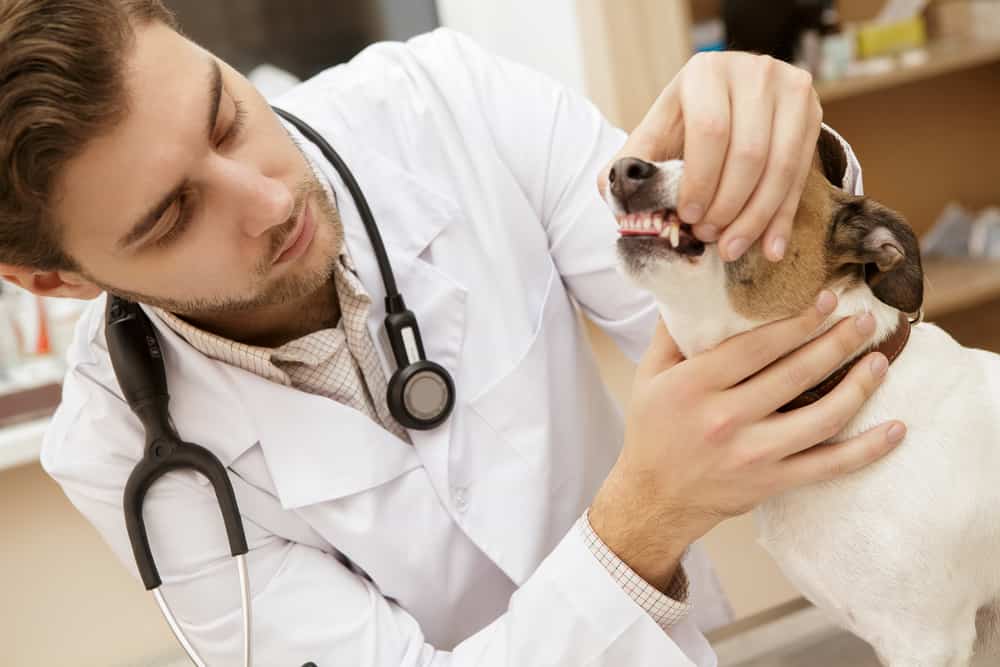Close

A physical exam is the smartest and easiest way to keep your pet healthy.
Wellness exams allow our veterinarians to detect problems and diseases that might go undiscovered otherwise, including heart murmurs, tumors, enlarged organs, cataracts, ear infections, ear mites, dental disease, skin issues and allergies.
Think of your animal annual exam like your own yearly physical. At the appointment, we’ll read their temperature, examine their eyes, ears, teeth, and skin, listen to their heart and lungs, and evaluate their joint health.
You can also expect your veterinarian to make recommendations for:
At your animals annual exam, your veterinarian will answer any questions you may have and discuss other services that could improve their overall health such as spay or neutering, microchipping, and dental care.
Your pet’s health is invaluable, which is why we invest into the best technology available. We give your pet the highest quality, professional veterinary services. Drop by to visit our facility and see for yourself why so many pet owners place their trust in Cambie Village Animal Hospital.

Dental health is an important part of your pet’s overall health, and dental problems can cause, or be caused by, other health problems. Your pet’s teeth and gums should be checked at least once a year by your veterinarian to check for early signs of a problem and to keep your pet’s mouth healthy.
Your pet’s teeth should be checked at least once a year by your veterinarian for early signs of a problem and to keep your pet’s mouth healthy. Have your pet’s teeth checked sooner if you observe any of the following problems:
Some pets become irritable when they have dental problems, and any changes in your pet’s behavior should prompt a visit to your veterinarian. Always be careful when evaluating your pet’s mouth because a painful animal may bite.
How much do you know about your pet’s dental health?
Fight dental disease with 2 easy steps.
The Top Five Ways to Tell If Your Pet Has Dental Disease
